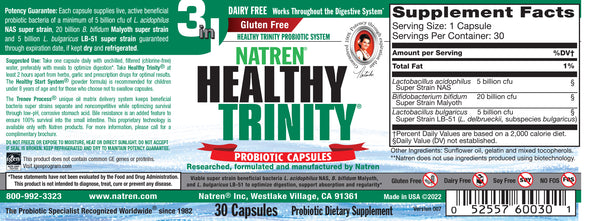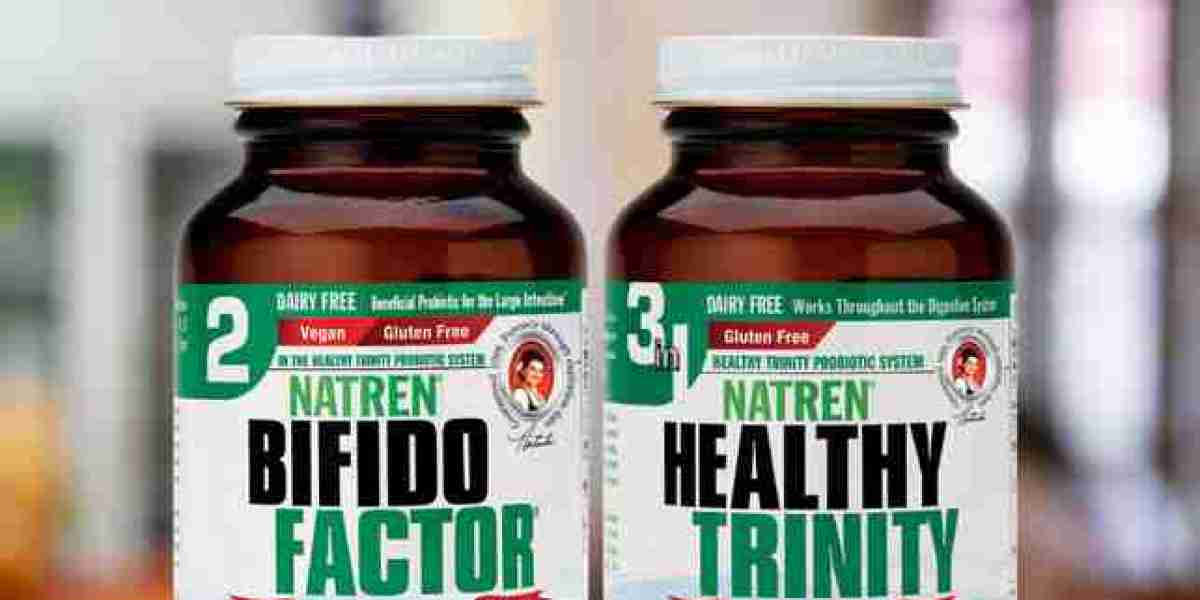In the pursuit of optimal health, many individuals have turned to probiotics to support gut health and overall well-being. Probiotics, which are live microorganisms that confer health benefits when consumed in adequate amounts, have gained popularity for their ability to enhance digestion, boost immune function, and even influence mood. However, while the benefits of probiotics are widely acknowledged, the timing and consistency of their consumption are crucial factors that can significantly affect their effectiveness. This article explores the best time to consume probiotics and how it can optimize the advantages of these beneficial microorganisms.

Understanding Probiotics and Their Benefits
Probiotics are different strains of bacteria and yeasts found in various foods and dietary supplements. These microorganisms can help maintain a healthy balance in the gut microbiome, which is essential for proper digestion and nutrient absorption. A balanced gut microbiome not only aids in digestion but also plays a vital role in immune function, as a substantial portion of the immune system resides in the gastrointestinal tract.
The benefits of probiotics extend beyond gut health. Emerging research indicates that probiotics may also influence mental health through the gut-brain axis, a complex communication network between the gut and the brain. This connection suggests that maintaining a healthy gut can positively impact mood and cognitive function. For these reasons, the consistent use of probiotics is essential for maximizing their potential health benefits.
The Role of Timing in Probiotic Efficacy
The timing of probiotic consumption can significantly impact the survival and effectiveness of the beneficial bacteria. Probiotics are sensitive to various factors, including temperature, pH levels, and food in the stomach. Consuming probiotics at the right time can improve their chances of surviving the stomach's harsh, acidic environment and reaching the intestines, where they exert their health benefits.
Research suggests that probiotics are most effective when taken on an empty stomach, ideally about 30 minutes before a meal or two hours after eating. This is because an empty stomach typically has a higher pH, creating a less acidic environment that is more conducive to the survival of probiotic strains. In contrast, consuming probiotics with a large meal may expose them to more stomach acid and digestive enzymes, potentially reducing their effectiveness.
Therefore, establishing a consistent routine for probiotic consumption, such as taking them simultaneously daily, can help ensure that the beneficial bacteria reach the intestines sufficiently to confer health benefits.
The Importance of Consistency for Gut Health
Consistency in probiotic consumption is vital for maintaining gut health. The gut microbiome is a dynamic ecosystem that thrives on stability. Just as a diverse array of microorganisms is essential for a healthy gut, regular intake of probiotics helps maintain the balance of these beneficial bacteria.
When consumed consistently, probiotics can help replenish and support the growth of beneficial bacteria in the gut. This is especially important for individuals who may experience disruptions to their gut microbiome due to factors such as poor diet, stress, illness, or antibiotic use. By regularly introducing probiotics into their system, individuals can help restore balance and foster a favorable environment for beneficial bacteria to flourish.
Moreover, consistency in probiotic consumption can enhance the effectiveness of the strains being taken. Many probiotic strains have specific functions and health benefits, but their efficacy is often linked to their ability to colonize the gut. Regular consumption creates a steady presence of these beneficial microorganisms, increasing the likelihood that they will establish themselves in the gut and provide lasting benefits.
Establishing a Routine for Probiotic Intake
To maximize the benefits of probiotics through consistent consumption timing, individuals can establish a routine that works best for their lifestyle. Here are some practical strategies for building a successful probiotic intake routine:
1. Select a Specific Time
Choosing a specific time each day to take probiotics can help establish a habit. Consistency is vital, whether first thing in the morning, during breakfast, or before bed. Setting a daily reminder or associating probiotic intake with another routine activity, such as brushing teeth or having coffee, can reinforce the habit.
2. Be Mindful of Food Pairings
If you take probiotics with food, consider the meal you consumed. Light meals that are lower in fat and acidity may be more suitable for probiotic consumption, as they create a more favorable environment for the beneficial bacteria. Additionally, pairing probiotics with prebiotic foods that promote the growth of beneficial bacteria, such as bananas, garlic, and onions, can create a synergistic effect that enhances gut health.
3. Keep Track of Your Intake
Keeping track of how the body responds to consistent probiotic intake can provide valuable insights. Individuals may maintain a journal to note any changes in digestion, energy levels, or overall well-being. This practice can help identify patterns and determine whether adjustments to timing or dosage are needed for optimal results.
4. Stay Hydrated
Hydration plays a crucial role in digestive health. Drinking sufficient water throughout the day can support the movement of probiotics through the digestive tract and facilitate their effectiveness. Proper hydration also helps maintain a healthy gut environment, making it easier for probiotics to thrive.
Acknowledging Individual Differences
While consistency in probiotic consumption timing is essential, it is crucial to recognize that individual responses to probiotics can vary. Age, health status, diet, and genetics can influence how probiotics affect an individual’s gut health.
What works for one person may yield different results for another. Therefore, it may be beneficial to experiment with other strains, dosages, and timing to find the optimal approach that suits personal preferences and health needs. Consulting with a healthcare professional can also provide tailored recommendations based on individual circumstances.
The Long-Term Benefits of Consistency
The long-term benefits of consistent probiotic consumption timing extend beyond immediate digestive health improvements. By fostering a healthy gut microbiome through regular probiotic intake, individuals may experience enhanced immune function, improved mood, and better overall health.
Moreover, establishing a habit of consistent probiotic consumption can encourage greater awareness of dietary choices and lifestyle factors that impact gut health. This mindfulness can lead to broader changes, such as incorporating more fiber-rich foods, reducing sugar intake, and managing stress levels, all of which contribute to a thriving gut microbiome.
As research continues to illuminate the intricate relationship between gut health and overall well-being, consistency in probiotic consumption timing cannot be overstated. By maintaining a routine, individuals can unlock the full potential of probiotics and promote lasting health benefits.
In summary, probiotic consumption's timing and consistency are critical in maximizing their effectiveness and supporting overall gut health. By understanding the importance of these factors and establishing a routine that works for individual lifestyles, individuals can harness the benefits of probiotics to enhance their health and well-being.



